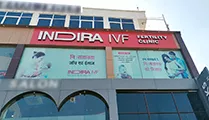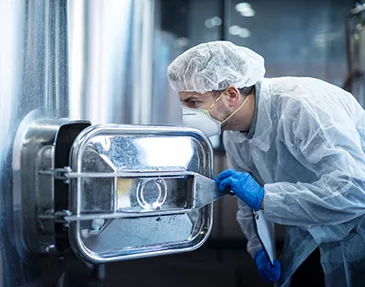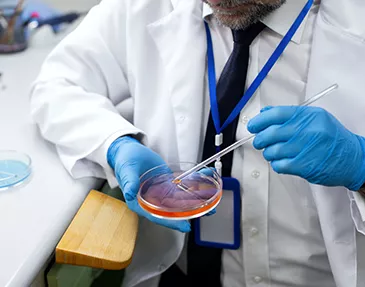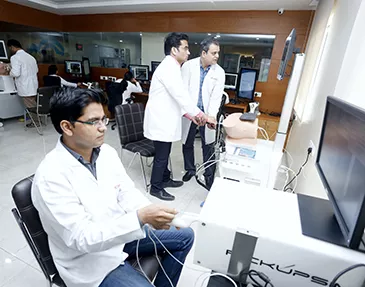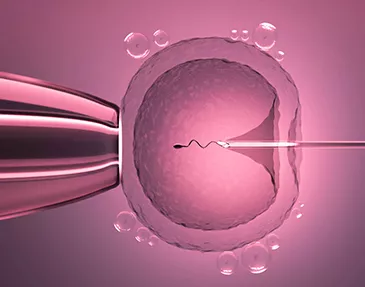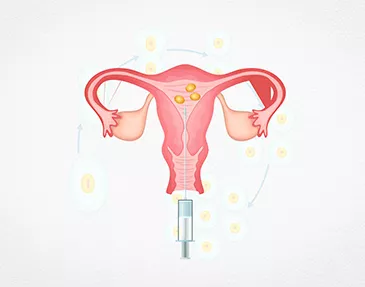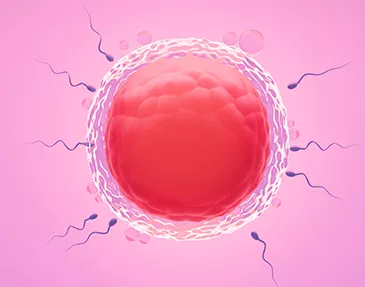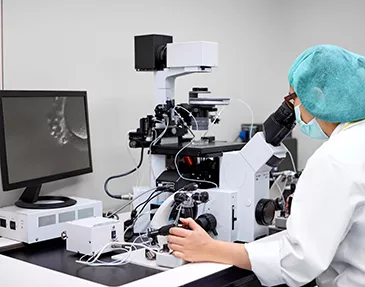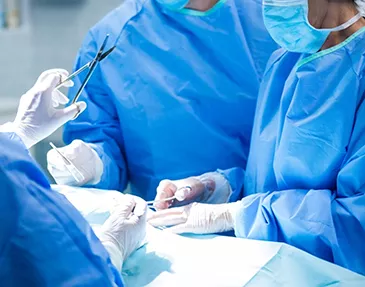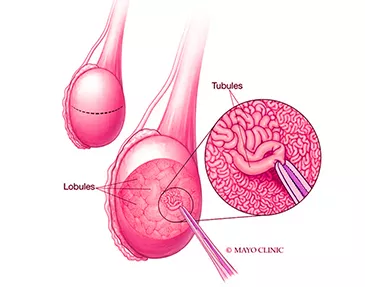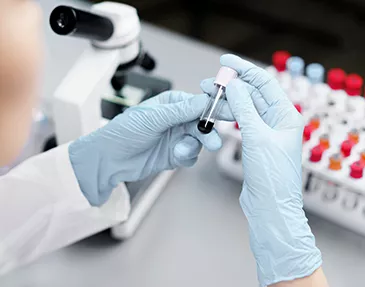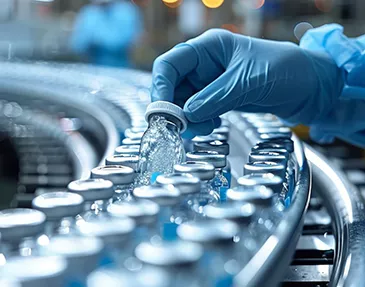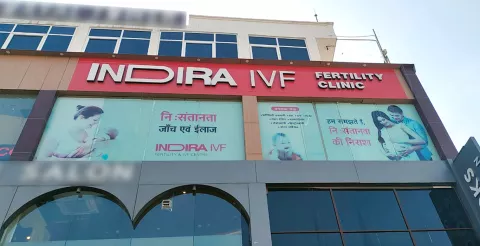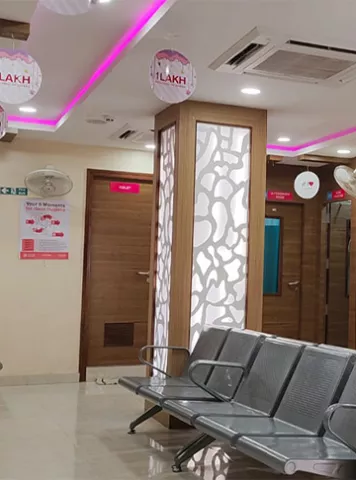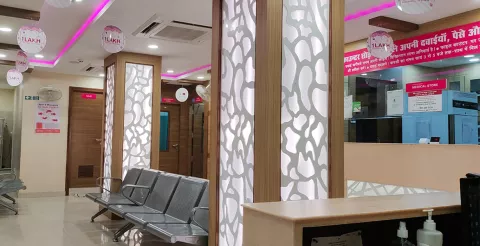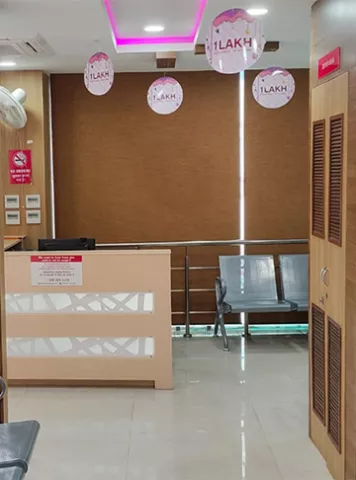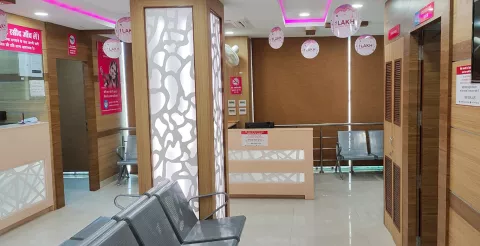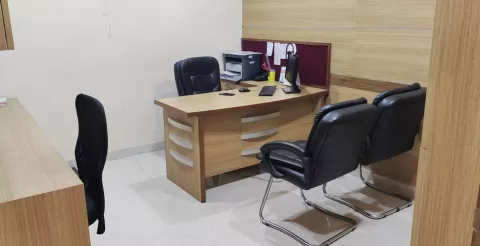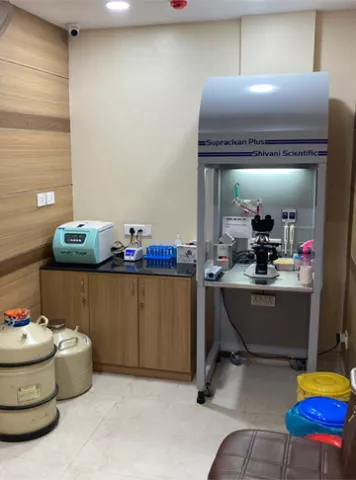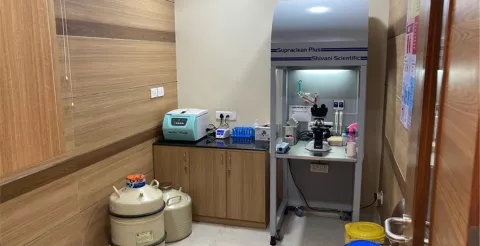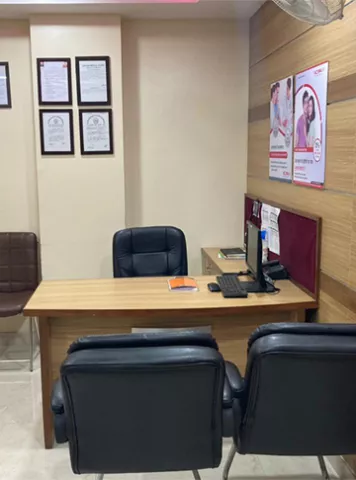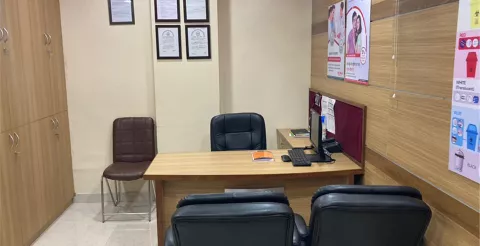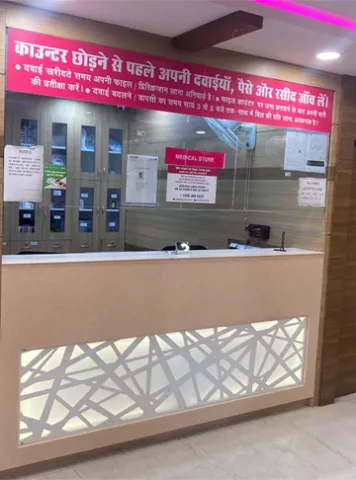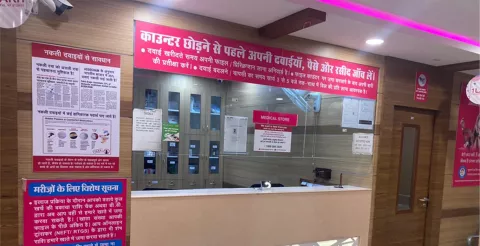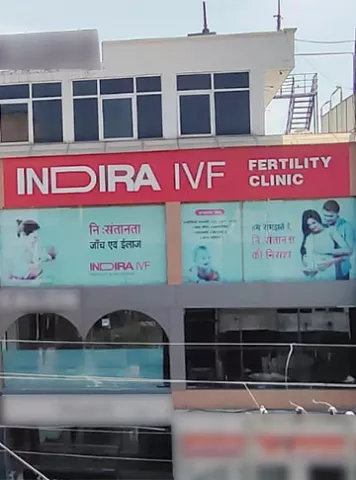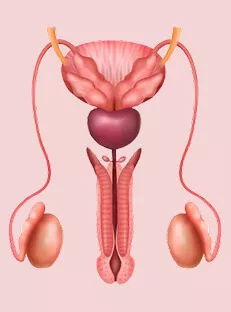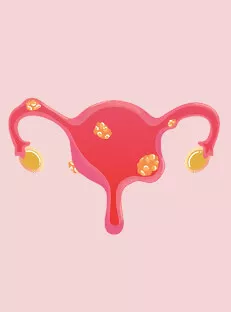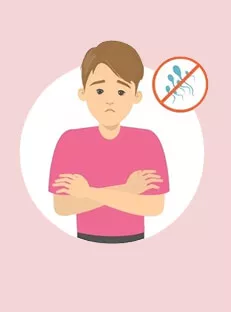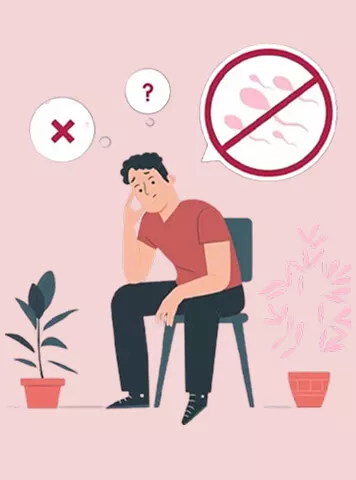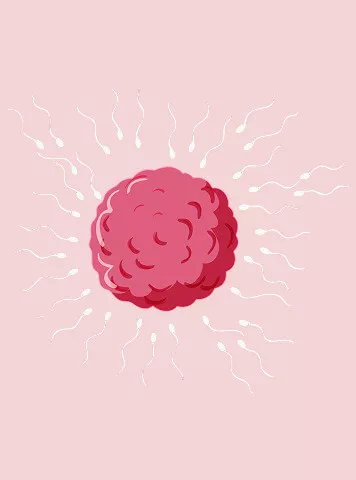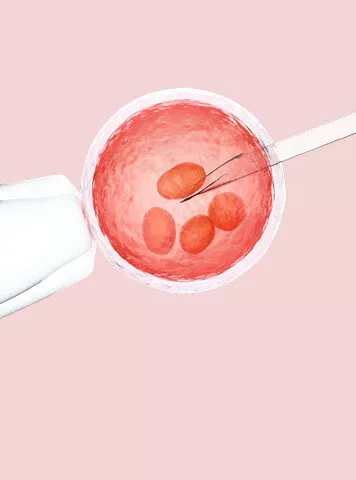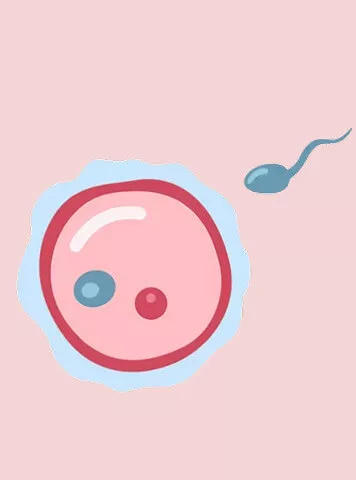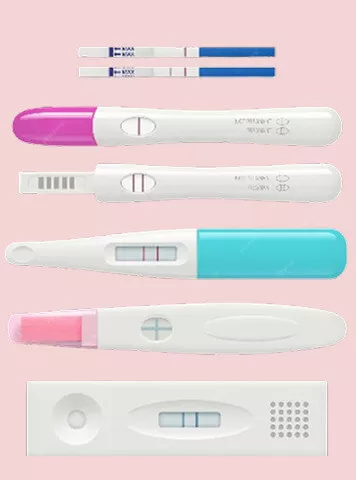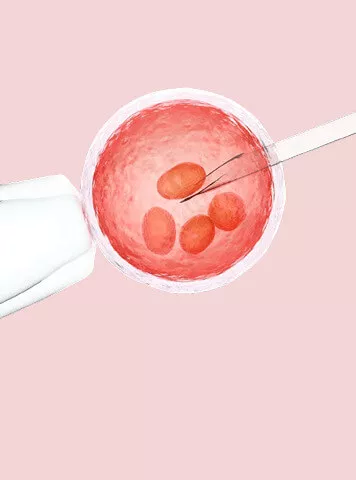Start Your Parenthood Journey with Indira IVF Clinic in Karnal
Our Fertility Clinics in Karnal
Meet Our Fertility Specialists in Karnal
The core of our Indira IVF in Karnal is our amazing medical staff, who combine scientific competence with genuine warmth and empathy. Each medical team member has specialised expertise and collaborates smoothly with others to give you comprehensive care. This collaborative approach guarantees you the best treatment for your needs.
When you choose Indira IVF, Karnal, you get to consult with doctors who combine years of specialised knowledge with a highly personalised approach to fertility care. They recognise that every patient's experience is unique and demands special care; therefore, they are not simply your physicians but your valued partners.
Why Choose Indira IVF for IVF Treatment in Karnal ?
Choosing the right fertility clinic is one of the most important decisions in your journey to parenthood. At Indira IVF, we are dedicated to providing our patients with accessibility, awareness, and reliability to help them make the best decision. Our IVF clinic in Karnal offers modern fertility treatments that combine advanced scientific techniques with heartfelt care. Choose Indira IVF to have a right partner on the road ahead.
Indira IVF’s Key Achievements and Network
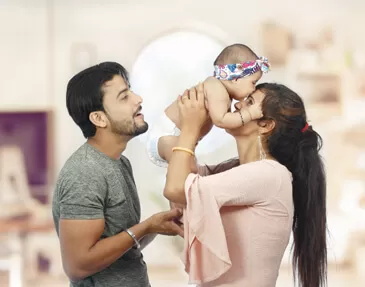
1.75 lakh+ IVF Pregnancies
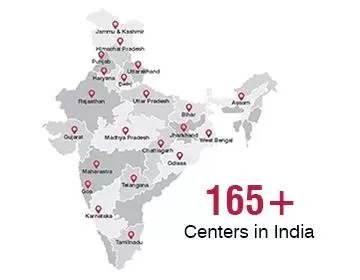
165+ Centers in India
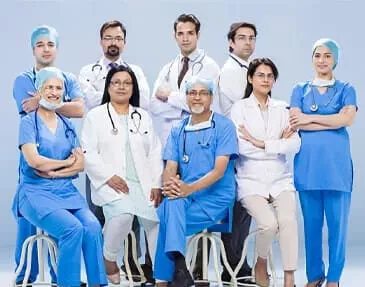
340+ IVF Doctors
Treatments Offered at our Fertility Clinics in Karnal
Success Stories from Karnal Clinics
Inside our IVF Clinics in Karnal
Awards & Recognitions for Indira IVF
-
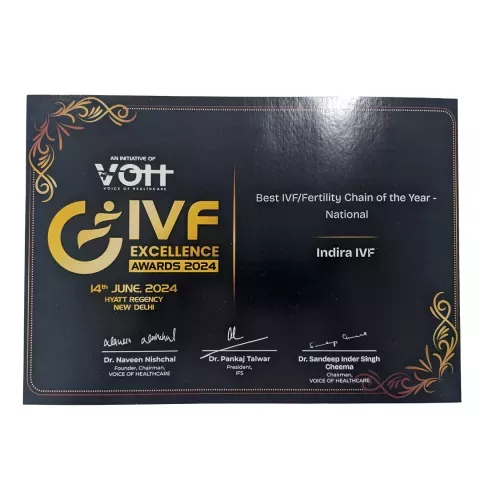
Best IVF/Fertility Chain of the Year – National
IVF Excellence Awards by Voice of Healthcare, 2024
-
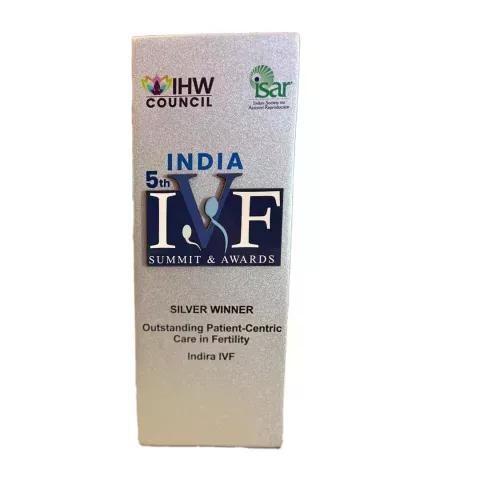
Outstanding Patient-Centric Care in Fertility (Silver)
5th India IVF Summit & Awards, 2024 by IHW Council
-
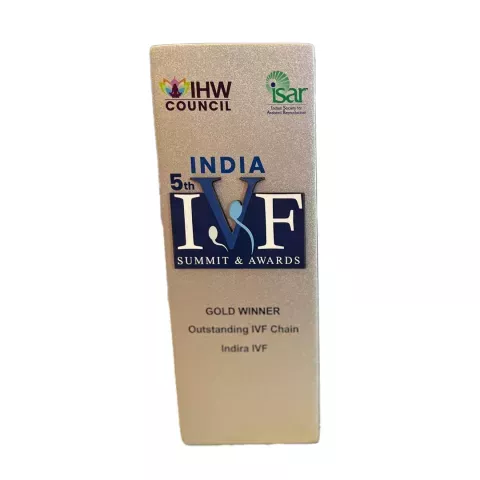
Outstanding IVF Chain (Gold)
5th India IVF Summit & Awards, 2024 by IHW Council
-
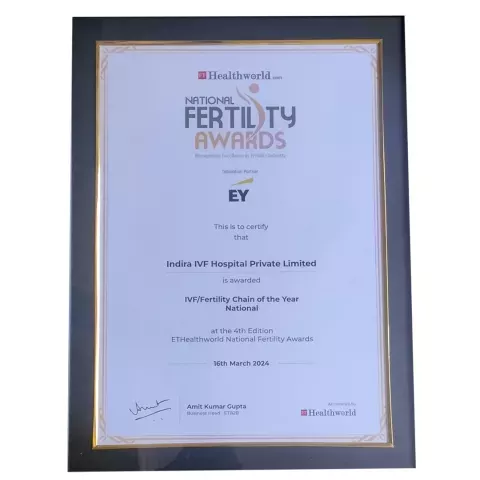
IVF/Fertility Chain of the Year
ET National Fertility Awards, 2024
-
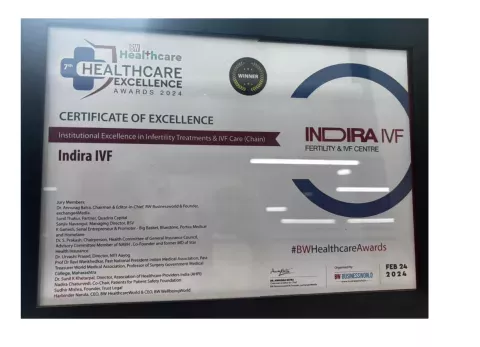
Institutional Excellence in Infertility Treatments & IVF Care (Chain)
BW Healthcare Excellence Awards, 2024
IVF Treatment Cost in Karnal – Quick Overview
The cost of IVF in Karnal varies depending on your treatment plan. For detailed pricing and package options
| Top Fertility Treatments | Cost at Indira IVF |
|---|---|
| IVF/ICSI | Starts from ₹1,00,000* per cycle |
| IUI | Starts from ₹5,000** |
*IVF process, Injections, Egg Pickup, Embryo Transfer cost included. Cost of treatment depends on your test reports, type of treatment required, hormonal conditions etc. and may vary from couple to couple.
**Cost of treatment depends on your test reports, type of treatment required, hormonal conditions etc. and may vary from couple to couple.
How to Book an Appointment with Indira IVF Hospital in Karnal

How to Book an Appointment with Indira IVF Hospital in Karnal
It is easy and simple to connect with the Indira IVF Clinic in .
- Call : Dial 18003092323.
- Website Inquiry Form : Fill out the form on our website and get a quick call back.
- WhatsApp Chat Option : Click the WhatsApp icon on our website.
Latest Blogs
BMW Reports Click to collapse
| Type of Report | Year | View Report |
|---|---|---|
| BMW Monthly Report | 2025 | Jan 25, Feb 25, March 25, April 25, May 25, June 25, July 25, Aug 25, Sep 25, Oct 25, Nov 25, Dec 25 |
| BMW Monthly Report | 2026 | Jan 26 |
| BMW Annual Report | 2024 | Click here to view |
| BMW Annual Report | 2023 | Click here to view |
| BMW Annual Report | 2022 | Click here to view |
| BMW Annual Report | 2021 | Click here to view |
| BMW Accident Policy | - | Click here to view |



